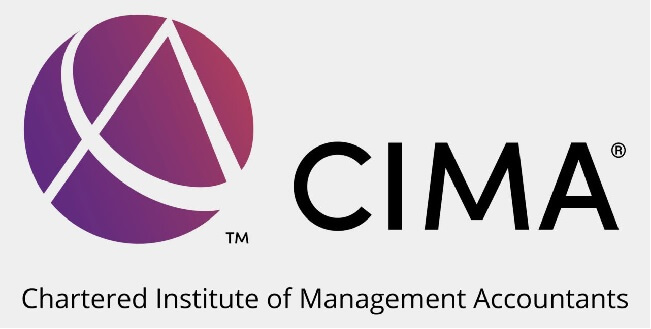CIMA is regarded as the largest professional body for management accountants in the world. This body offers different qualifications in the accounting sector for careers in business. If you are into business or work in the finance sector, then you’ll need a CIMA certificate.
This brings us to the question, “how much does it cost to write CIMA exams in Nigeria?” We will answer this question along with many others in this post. Without further ado, let’s dive straight in.

Cost of CIMA Exams in Nigeria
CIMA opens the door to management accounting, a world that presents so many opportunities. Management accountants work with businesses to handle their finances. They also act as business leaders, decision-makers, innovators, and forecasters. How much does it cost to write CIMA exams in Nigeria? Before we go ahead, note that CIMA presents its costs in pounds. However, we have converted them to naira based on the exchange rate at the time of writing this post. We will look at the cost in this section:
Registration Fees
- Registration (one-off payment): £77 or N43,505
- Re-registration: £77 or N43,505
- Registration for the CIMA Professional gateway assessment: £425 or N240,125
- Registration for the CIMA Master’s gateway package: £725 or N409,625
- Registration for the CIMA Master’s gateway assessment: £425 or N240,125
Exemption fees
- Certificate in business accounting (per subject): £70 or N39,550
- Operational level objective tests (per subject): £90 or N50,850
- Operational level case study exams: £145 or N81,925
- Management level objective tests (per subject): £100 or N56,5 00
- Management case study exams: £155 or N87,575
- Strategic level objective tests (per subject): £145 or N81,925
- Strategic Level Case study exams: £220 or N124,300
- Capped exemption fees (for multiple exemptions): £165 or N93,225
Exam fees
- Certificate in business accounting (per subject): £55 or N31,075
- Operational level objective tests: £70 or N39,550
- Operational level case study exams: £115 or N64,975
- Management level objective tests: £80 or N45,200
- Management level case study exams: £125 or N70,625
- Strategic level objective tests (per subject): £115 or N64,975
- Strategic Level Case study exams: £185 or N104,525
Subscription fees
- Students: £110 or N62,150
- Students who have passed T4 part B/Strategic case study exam: £264 or N149,160
New student (first subscription fee, up to the next October after registration)
- Annual subscription – fellow: £293 or N165,545
- Annual subscription – associate: £278 or N157,070
- Membership application fee: £154 or N87,010
- Membership application fee (direct to fellow): £241 or N136,165
- Application (associate to fellow): £87 or N49,155
- Annual subscription – retired members (for full services): £58 or N32,770
- Remission ACMA or FCMA: £71 or N40,115
- Re-admission fee ACMA or FCMA: £78 or N44,070
- Members in practice – Annual MIP fee: £130 or N73,450
Note that these prices are subject to change depending on the exchange rate at the time of payment. Also, they are subject to review by CIMA.
About CIMA
CIMA is an abbreviation for Chartered Institute of Management Accountants. Currently, there are over 227,000 members of CIMA in about 179 countries all over the world. There are two different CIMA qualifications available and they are:
- CIMA Certificate in Business Accounting (entry-level)
- CIMA Professional Qualification (Advanced)
The entry-level certification is a standalone qualification and it teaches students the basics of financial accounting and management. It also covers different skills required in accounting including data analysis, forecasting performance, and preparation of financial reports. There are no specific entry requirements for this level.
The advanced level is split into three different pillars that are further divided into three levels. In this stage, the student gains knowledge and skills in different areas such as financial strategy and risk management as well as management accounting. You don’t need to have an entry-level CIMA certificate to enrol for the advanced stage. However, you must have a foundation in accounting or business studies from a leading accounting body.
CIMA is the industry standard in management accounting and the qualifications are respected all over the world. So if you want to advance in accounting or business management, it is important to get a CIMA certificate. Many employers consider CIMA membership as one of the prerequisites to securing positions at their companies. Finally, getting a CIMA qualification improves your stakes and increases your earnings as an accountant or finance manager.





